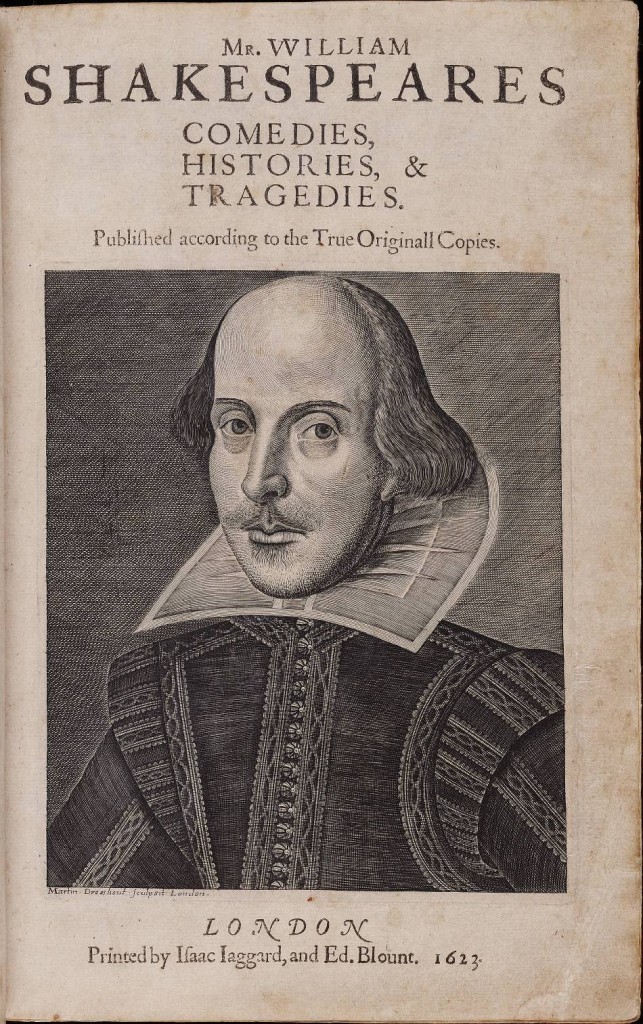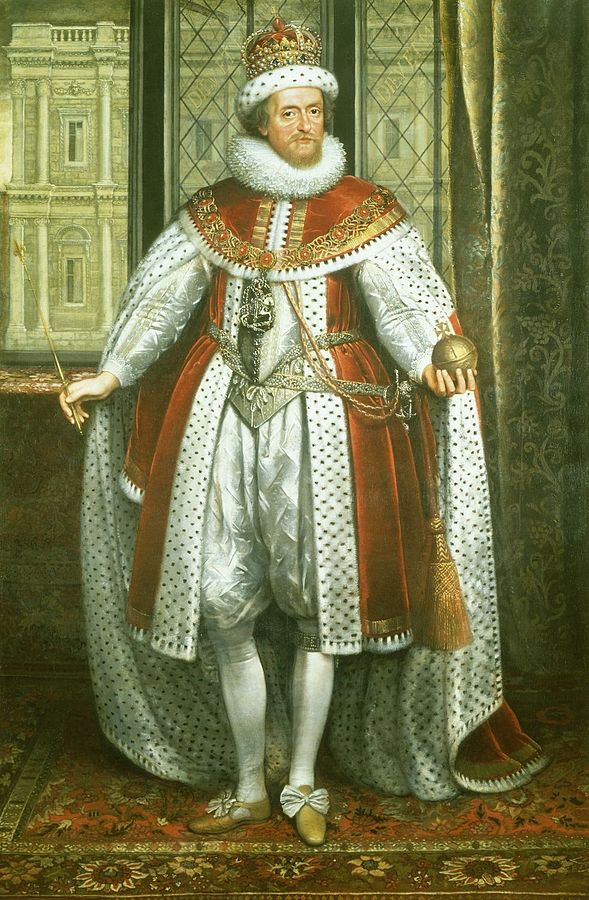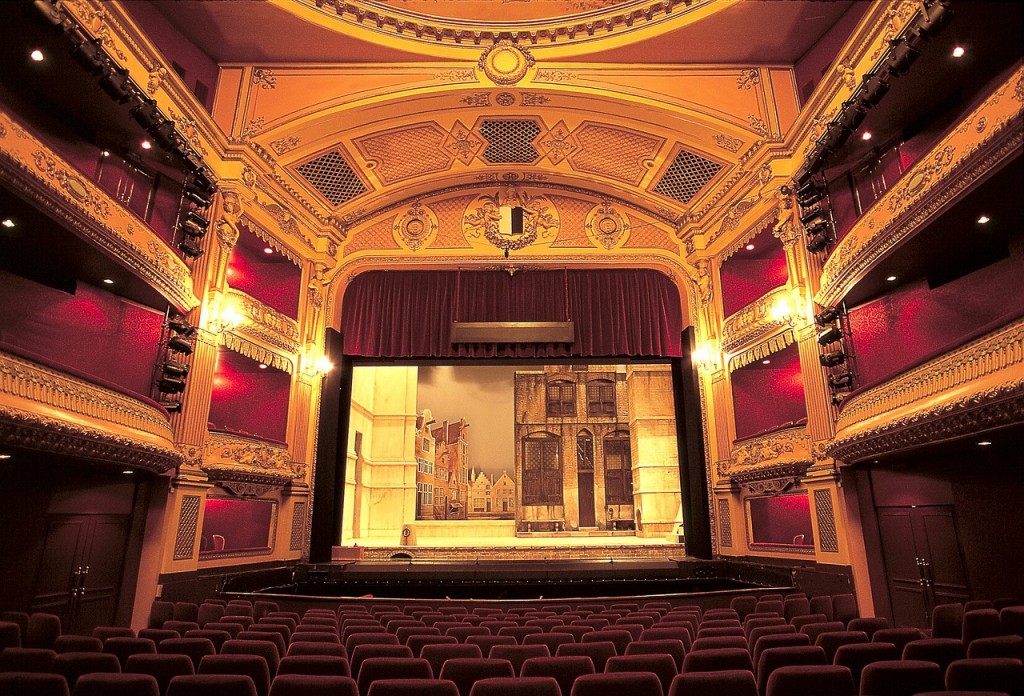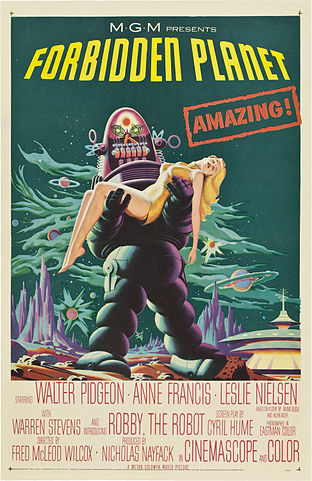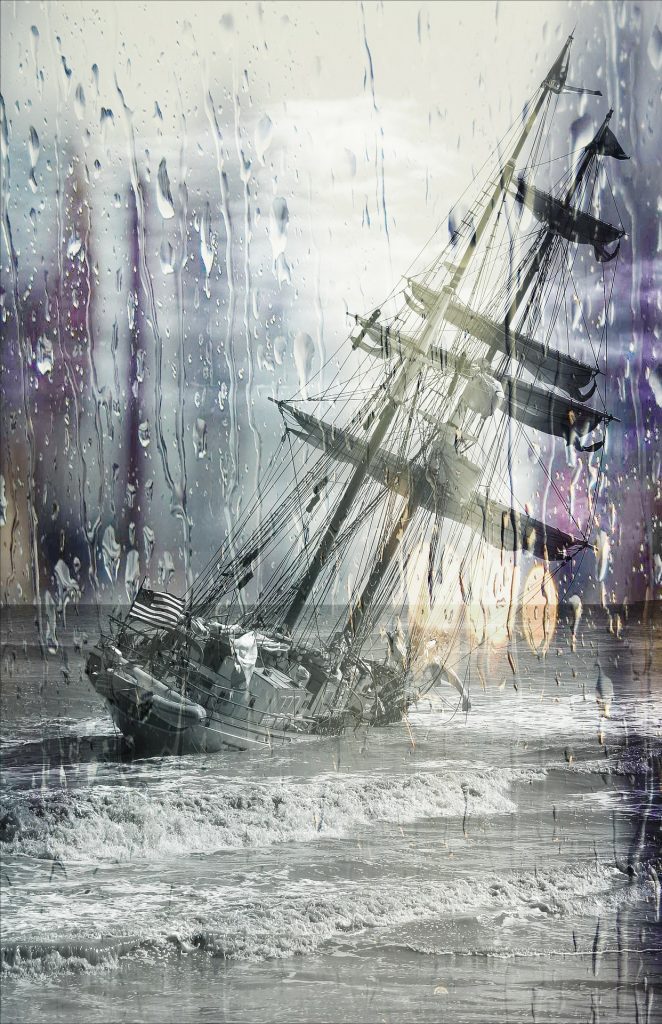
Image from pixabay.com, licensed CC0
In Arts One this week we discussed Shakespeare’s The Tempest. I just noticed that I have two other blog posts on this book from Arts One as well: see here for a post on the play and on the film Forbidden Planet, and here for one on how to interpret Prospero’s “magic” or “art” and why he might give it up at the end (also talking about Peter Greenaway’s film Prospero’s Books). I guess I like to write blog posts on this book!
I’m writing this one because we ran out of time to talk about something in our seminar meeting that I wanted to discuss. We were focused on reading the script, but this is a play, after all, and I thought it would be useful to look at some scenes from performances of the play to think about what we lose (or gain?) when we just have the words vs when we have the visual and the auditory elements of a play. Clearly, a play is much more immersive and vivid, but one thing it does is to present the audience with a particular interpretation of the words, by the way the characters speak, their facial expressions, their movements on the stage, the stage set, and more. If you just have the words, there are multiple interpretations one could give to them, multiple ways one could imagine the story going, whereas a performance narrows those options down by the way it’s staged (there can still be room for interpretation, but I think it might be lower…?).
This means the bare words alone give directors a great deal of freedom in how to stage the play. I picked a couple of examples of the same scene played two different ways, in the videos below.
First, we have two different versions of Act I Scene 2, in which Prospero and Ariel are speaking together for the first time, and after describing how he performed the storm, Ariel asks for his freedom and Prospero gets angry.
This one is from Savage Rose Classical Theatre Company, 2014. I can’t get the link to work with a start and end time for the clip, only a start time. So just watch until about 21:40.
https://youtu.be/czFoUWwd6mI?t=17m29s
And this one is from a Globe Theatre production in 2013. This one ends at the end of the scene so you can watch it until the end
https://youtu.be/k771DZzn_m4?t=5m10s
There is quite a difference in how Ariel is played between these two scenes. In the first one it is clear that he remembers Sycorax well, and his imprisonment in a pine tree–indeed, his memory is played out directly on stage. Prospero in this scene seems cruel, torturing Ariel by bringing up this painful memory again. As someone said in class, Prospero could be said to be inflicting psychological torture on Ariel by reminding him of this experience every single month. It makes Prospero seem like he is using this memory over and over to express his power over Ariel.
In the second video, it’s less clear. The actor playing Ariel seems to have trouble remembering where Sycorax is from, and his facial expressions earlier in the scene suggest that he doesn’t really have that vivid of a memory of her. The way Prospero is played, he seems mostly to be exasperated at having to remind Ariel over and over what he has actually forgotten. This changes the dynamic between Ariel and Prospero considerably–if Ariel really is this forgetful, then we can see why Prospero gets upset at having to constantly remind him. Prospero could be read as less cruel and more just frustrated. Though, at the same time, one could argue that Prospero doesn’t really need to remind him of this experience over and over except to keep Ariel in his power. So maybe the ultimate function of this reminder is the same as in the previous video; it’s just that Prospero could seem less cruel.
I also wanted to point to something about how the characters move on the stage as indicating various interpretations that are left open by the mere words in the text.
In this clip from the Globe Theatre’s 2013 production, I think the way Caliban and Miranda move is quite telling. This one you can stop at around 5:30.
https://youtu.be/UtVeDyw9ntk?t=25s
In this scene we find that Caliban is quite literally stuck in a “hard rock” (1.2. 342-343). He often stays low to the ground, something that we see often in performances of Caliban. Possibly it’s to signal that he is not entirely human (and so doesn’t stand upright), but it also shows his subordinate status to the rest of the characters.
In addition, I find it interesting how Caliban’s movements suggest both anger and desire for rebellion against Prospero, but also significant fear. He runs at Prospero, pointing and shouting, but then also cowers backwards, hiding behind a pillar. You can see this in particular when he gives the lines about how the island is his, from Sycorax, and Prospero has taken it from him.
Then, when Caliban talks about how at first Prospero was kind to him, he is suppliant, staying low to the ground. But when he talks about how he showed Prospero various good things on the island, he starts to get angry and stands up, walking around. Then he attempts a magical incantation against Prospero: “all the charms of Sycorax…light on you!”
Miranda’s movements are telling in this scene too. She starts off cowering behind a pillar, clearly afraid of Caliban. But then when Prospero reminds Caliban of his attempted rape of Miranda, and Caliban says he would have peopled the island with Calibans, Miranda can’t take it–she gets angry and comes out shouting, moving quickly towards Caliban, who immediately cowers and drops to the ground.
Finally, we get a clear demonstration of Prospero causing Caliban pain, around 4:40. When Prospero says he is going to fill Caliban with cramps, Caliban writes on the ground–clearly, Prospero is already doing so. This we can see from the stage production; it’s not necessarily clear in the text.
These are just a few examples of what one can see when looking at performances vs. just reading the words. I haven’t talked about things like set or costumes, which also can convey meaning through vision. Reading the text of a play is in some ways just a small sliver of the meaning one can get from the work, but at the same time, it’s more open to multiple interpretations because the words can be said in so many different ways, with different facial expressions, different movements, etc. So reading the text could leave one’s imagination freer than watching a performance!

